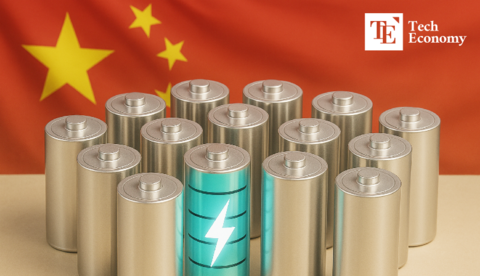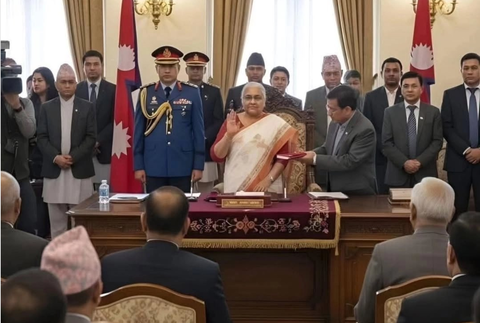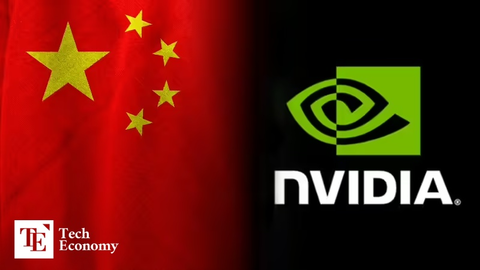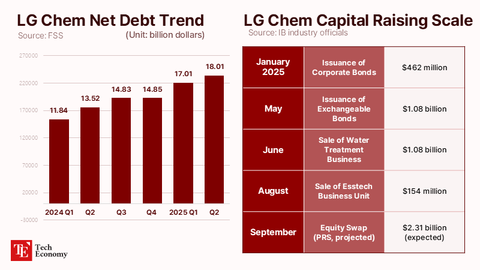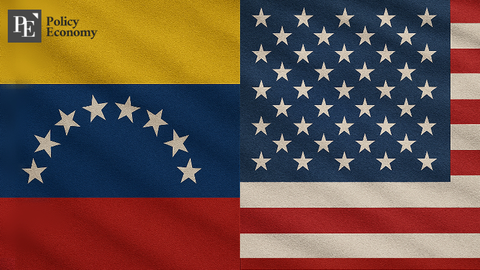Tesla vs. Tariffs: How Trump’s Trade War is Reshaping the Auto Industry
Input
Modified
The Cost of Tariffs: Tesla Struggles with Rising Production Expense Industry-Wide Fallout: How the Auto Market is Feeling the Squeeze Can Tesla Survive the Trade War? Musk’s Strategy for the Future
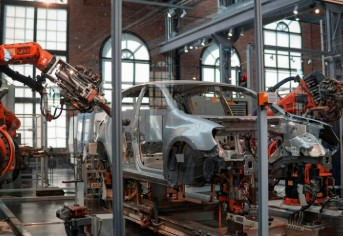
The Cost of Tariffs: Tesla Struggles with Rising Production Expenses
In a statement that likely won’t surprise anyone following the trade dynamics of recent years, Tesla has once again warned that the tariffs imposed by former President Donald Trump’s administration are having a devastating impact on the company’s operations. As tensions between the U.S. and its trading partners continue to shape the global marketplace, Tesla finds itself in the crosshairs of a trade war that is making it harder for the electric vehicle (EV) maker to maintain its momentum. While some may have expected this outcome, it’s becoming increasingly clear that the effects of these tariffs are not only harming Tesla but could also have broader consequences for the entire automotive industry.
Elon Musk’s company, which has long been at the forefront of innovation in the EV sector, has faced significant challenges in navigating the shifting terrain of global trade. From raw materials to manufacturing costs and supply chain disruptions, tariffs have affected nearly every aspect of Tesla's business. Despite the company’s global success and market dominance, the continued imposition of these tariffs is starting to show its teeth, raising serious concerns about the long-term impact on Tesla’s ability to compete in an increasingly competitive market.
Tesla has made no secret of its concerns regarding the Trump administration’s tariff policies. In a letter to the government, Tesla has explicitly stated its fears about how these tariffs are negatively impacting its operations. The company’s letter highlights how tariffs on key components and materials, including steel and aluminum, have made production more expensive, ultimately forcing Tesla to either absorb the additional costs or pass them onto consumers.
For a company that thrives on innovation and efficiency, these added costs represent a significant roadblock. As Tesla works to meet growing demand for its electric vehicles, especially in markets abroad, the company has struggled to maintain its competitive edge due to the added costs brought on by tariffs. Tesla has always prided itself on being able to offer high-quality, cutting-edge technology at an accessible price point, but the ongoing tariff situation has made that increasingly difficult.
While Tesla is not the only automaker feeling the effects of these tariffs, its reliance on global supply chains makes it especially vulnerable. Many of Tesla’s suppliers are located in countries outside of the United States, and the tariffs levied on imported materials have had a ripple effect on production costs and manufacturing timelines. As a result, Tesla’s ability to meet market demands for its vehicles—particularly in key international markets—has been hindered.
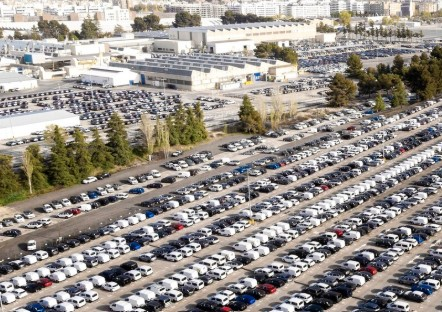
Industry-Wide Fallout: How the Auto Market is Feeling the Squeeze
Tesla’s warning about tariffs is not an isolated issue, and the company is far from the only automaker facing the consequences of Trump’s tariff policies. In fact, industry experts have long predicted that the impact of these tariffs would be felt across the global automotive sector. Major automakers, from traditional brands like General Motors and Ford to newer entrants like Rivian, have all had to grapple with the challenges posed by rising production costs and international trade tensions.
For many companies, including Tesla, the tariffs on raw materials and parts sourced from overseas have driven up production costs. While Tesla may be in a better position to absorb these costs than some of its rivals, the larger implications of the tariff policies are undeniable. For global automakers, any increase in costs means higher vehicle prices, which could dampen consumer demand—particularly for those looking to make the switch to electric vehicles.
As the automotive industry continues to pivot toward EVs, the added financial burden caused by tariffs makes it even more challenging for automakers to meet the growing demand for sustainable transportation. The increased cost of materials such as steel and aluminum, which are crucial for the production of electric vehicles, further exacerbates these challenges. And with competitors in Europe and Asia also facing similar tariff-induced price hikes, the global marketplace becomes a battleground where only the most resilient players will survive.
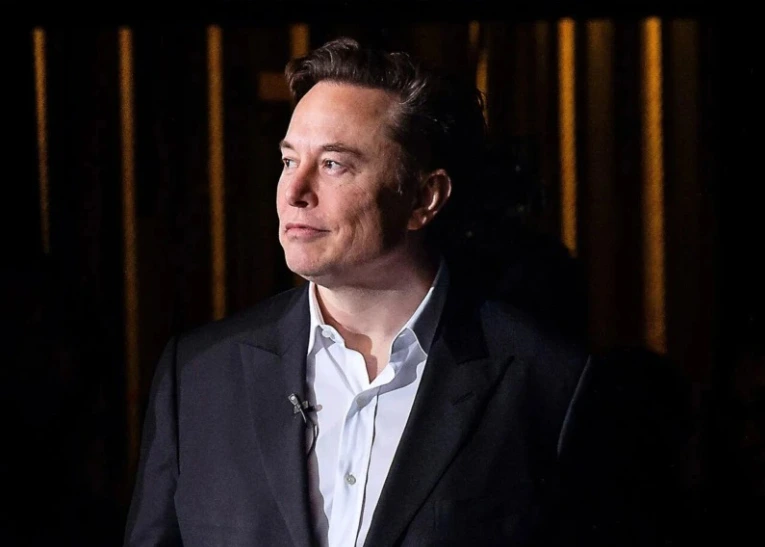
Can Tesla Survive the Trade War? Musk’s Strategy for the Future
While many in the industry, including Tesla, have voiced concerns about the impact of tariffs, there are some who believe that the company may ultimately be less affected than others. In fact, some experts argue that Tesla could even benefit from the tariff war, as the company is strategically positioned to weather the storm better than its rivals.
Tesla has long enjoyed a strong brand presence and a loyal customer base, and its unique position in the market allows it to be more flexible than traditional automakers. As the demand for electric vehicles continues to grow, especially in countries like China, Tesla is already operating in markets where tariffs have been in place for years. In many ways, the company has already adjusted to the tariff landscape, meaning it may not feel the same level of disruption that other automakers experience.
Additionally, Tesla’s vertically integrated manufacturing model, which includes in-house production of key components like batteries, gives the company a competitive advantage when it comes to navigating tariff challenges. By relying less on external suppliers, Tesla is better able to manage costs and reduce its reliance on imported materials, which are subject to tariffs.
Some analysts argue that Tesla’s established position in the EV market, along with its ability to adjust quickly to changing economic conditions, will allow it to absorb the effects of tariffs with less pain than its competitors. While higher production costs are always a concern, the company’s efficiency and innovation might enable it to mitigate some of the financial pressures brought on by trade tensions.
Elon Musk is no stranger to navigating challenges in the business world, and he has repeatedly made it clear that the trade war under Trump’s administration has created a difficult environment for automakers like Tesla. While Musk has publicly acknowledged the negative impact of tariffs on the company’s operations, he has also suggested that these policies have changed the dynamics of the global automotive industry for good.
Musk has famously said that “the genie is out of the bottle,” referring to the irreversible changes in the global trade landscape brought about by tariffs and trade wars. This sentiment reflects the idea that the current geopolitical climate has shifted the balance of power in the automotive market, forcing companies to reconsider their global strategies. For Tesla, this means adapting to a new reality where international relations and tariffs play a more significant role in business decision-making.
The effects of the trade war are far-reaching, and while they may have initially caught many off guard, it’s clear that businesses like Tesla must now navigate a world where trade tensions are a permanent fixture. Whether or not these tariffs will ultimately help or hinder Tesla’s long-term growth remains to be seen, but the company’s ability to pivot and adapt will likely determine how well it fares in the post-tariff era.
Tesla’s concerns about the impact of Trump’s tariffs are a reflection of the broader challenges facing the global automotive industry. As automakers around the world continue to grapple with the fallout of these trade policies, it’s clear that the cost of doing business is rising for everyone, and the future of the industry remains uncertain. While Tesla may be in a better position to weather these challenges than many of its competitors, the effects of tariffs are still being felt.
At the end of the day, Tesla’s ability to navigate these trade hurdles will depend on its ability to innovate, adapt, and maintain its competitive edge in an increasingly complex global marketplace. While the tariff war may have hurt Tesla in the short term, the company’s long-term prospects remain strong as it continues to lead the charge in the electric vehicle revolution. However, it’s evident that the impacts of tariffs and trade policies will continue to shape the future of Tesla and the entire automotive industry for years to come.


